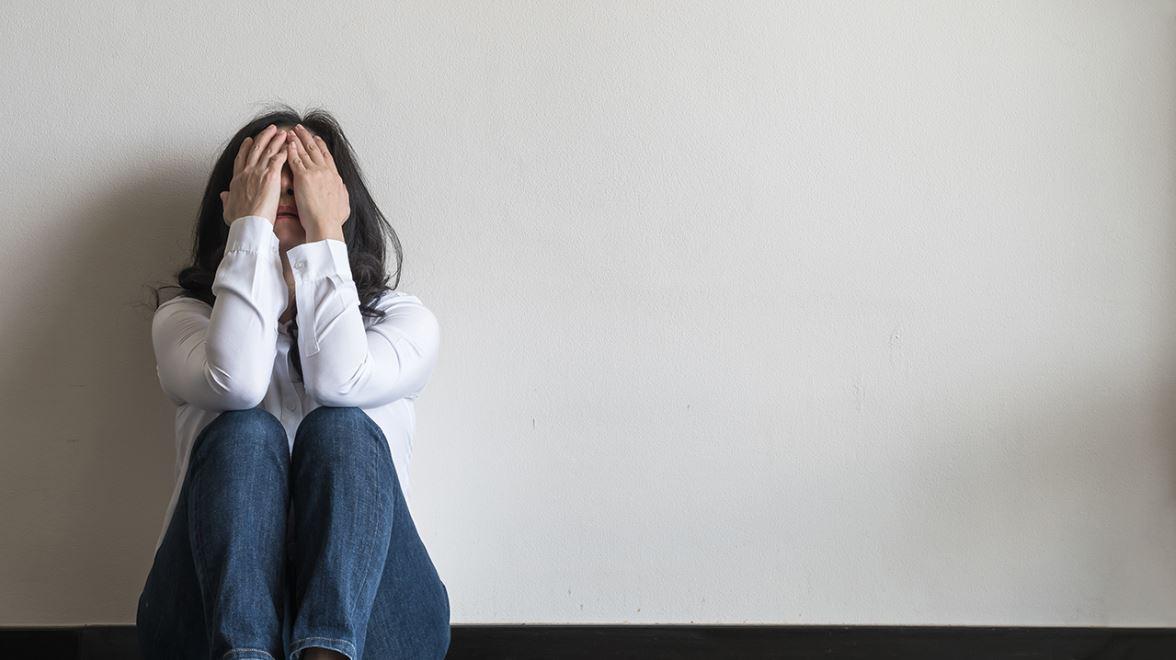Young people are quitting their jobs in droves. Here's why
Young people are spearheading mental health awareness at the workplace.
About half of millennials and 75 percent of Gen Zers have left their jobs for mental health reasons, according to a new study conducted by Mind Shares Partners, SAP and Quatrics. It was published in Harvard Business Review.
That’s compared to just 20 percent of respondents overall who said they’ve voluntarily left a job in order to prioritize their mental health — emblematic of a “shift in generational awareness,” the authors of the report, Kelly Greenwood, Vivek Bapat and Mike Maughan, wrote. For baby boomers, the number was the lowest, with less than 10 percent quitting a job for mental-health purposes.
It should come as no surprise that younger generations are paving the way for the de-stigmatization of mental health. A Wall Street Journal article published in March labeled millennials the “therapy generation,” as todays 20- and 30-somethings are more likely to turn to therapy, and with fewer reservations, than young people in previous eras did.

In this Jan. 9, 2017, photo, Andrea Ledesma spreads sauce on pizza dough at Classic Slice restaurant in Milwaukee. (AP Photo/Carrie Antlfinger)
A 2017 report from the Center for Collegiate Mental Health at Penn State University found that, based on data from 147 colleges and universities, the number of students seeking mental-health help increased at five times the rate of new students starting college from 2011 to 2016. And a Blue Cross Blue Shield study published in 2018 revealed that major depression diagnoses surged by 44 percent among millennials from 2013 to 2016.
Increasingly, employees (about 86 percent) want their company to prioritize mental health.
Despite that — and the fact that mental health conditions result in a $16.8 billion loss in employee productivity — the report found that companies are still not doing enough to break down the stigma, resulting in a lack of identification in workers who may have a mental health condition. Up to 80 percent of individuals will manage a mental health condition at one point in their lifetime, according to the study.
Of course, sometimes employees are unaware of the different resources offered at their organizations, or are afraid of retribution if they elect to use them. In the study, millennials, ages 23 to 38, were 63 percent more likely than baby boomers, 55 to 73, to know the proper procedure for seeking mental health support from the company.
The study was based on responses collected from 1,500 U.S. adults.
GET FOX BUSINESS ON THE GO BY CLICKING HERE
